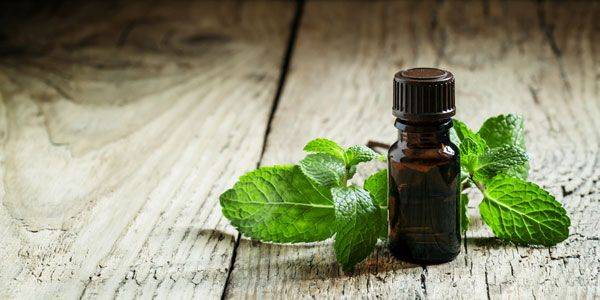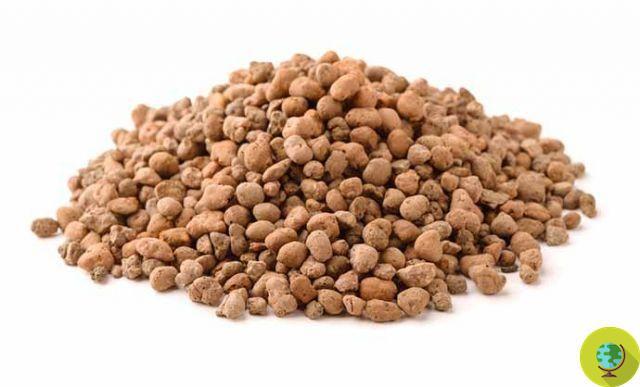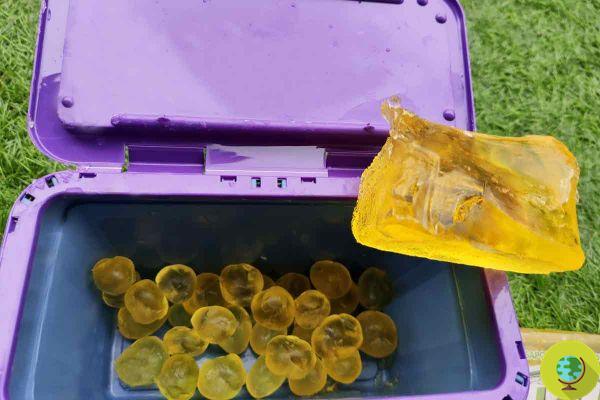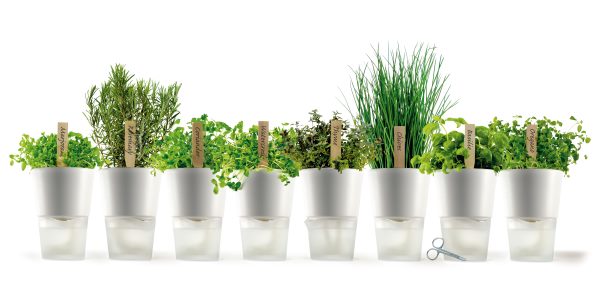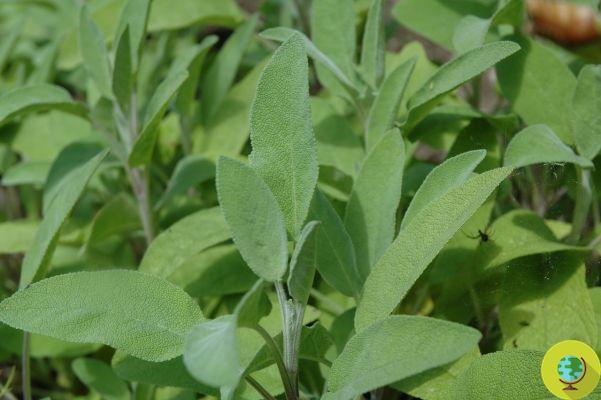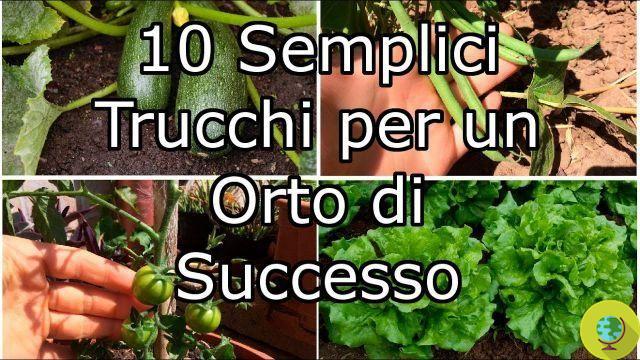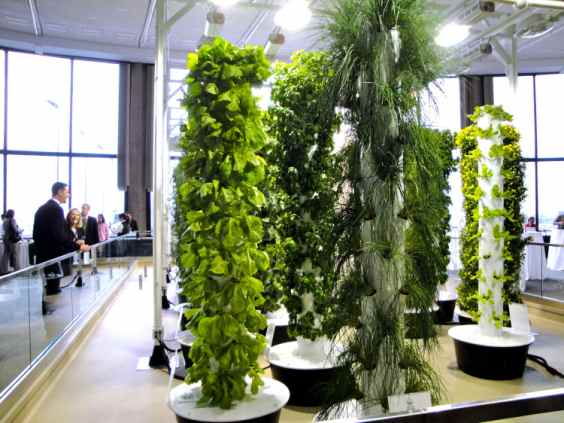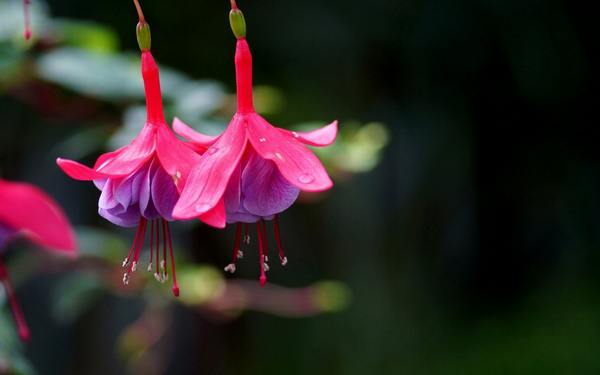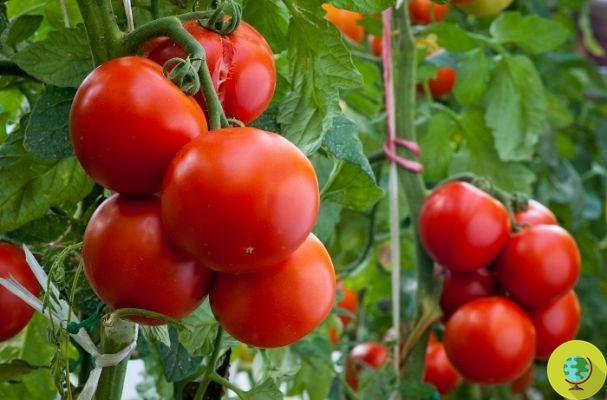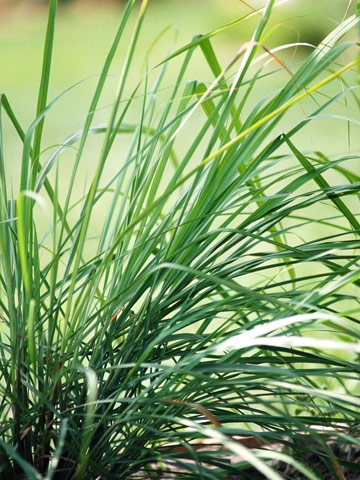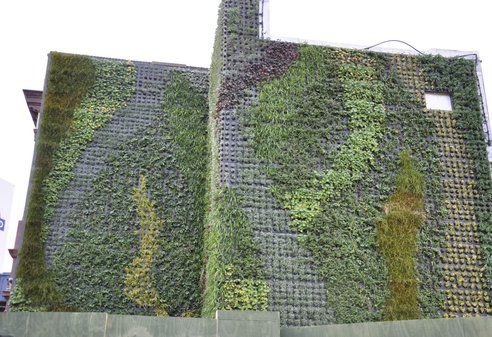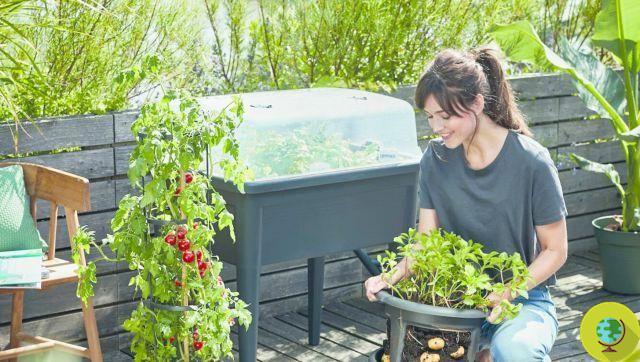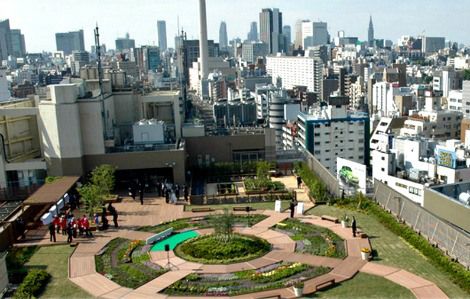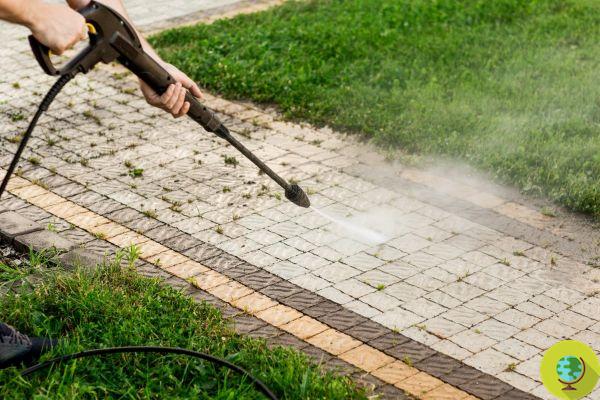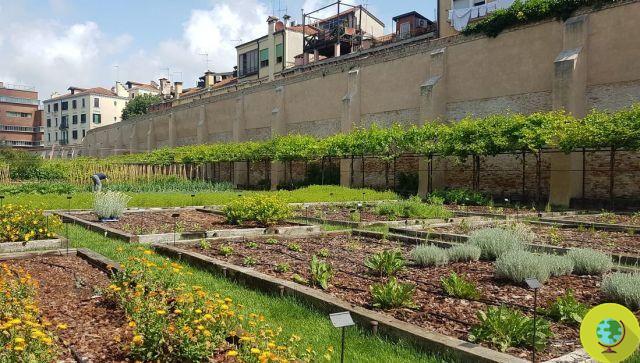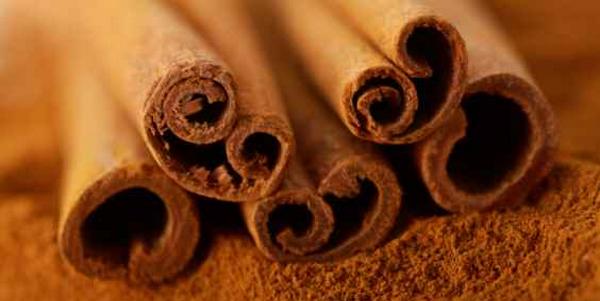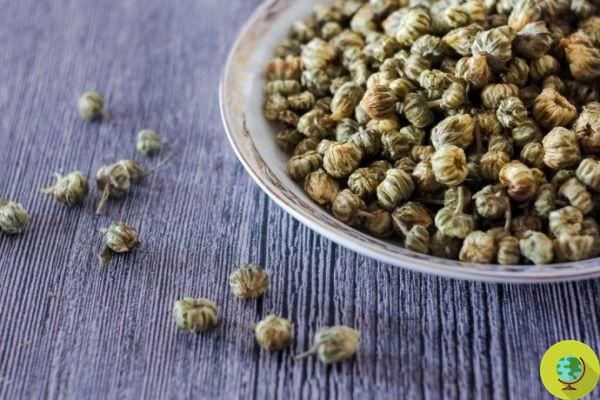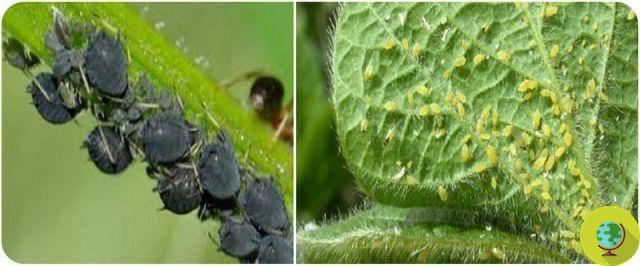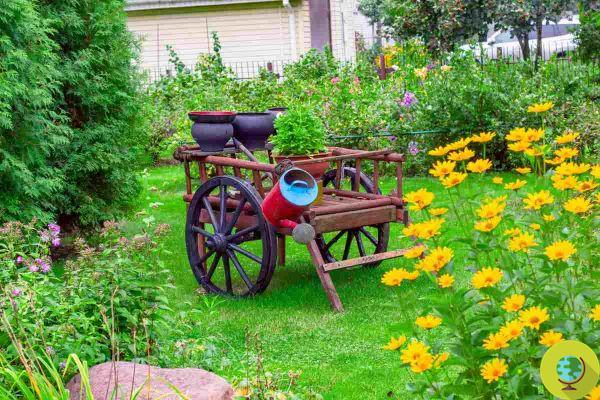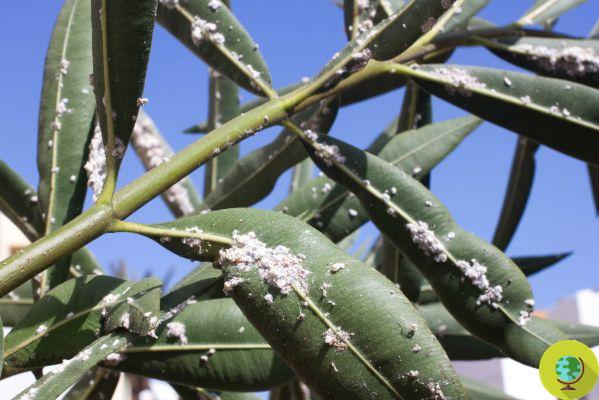
Parasitic attacks in autumn, what you need to know the remedies and solutions to be adopted to make our plants feel good
He is about to end up run over, his mother saves him
Parasitic attacks in autumn, what you need to know the remedies and solutions to be adopted to make our plants feel good
With the arrival of autumn, some typical problems related to the season must also be addressed punctually. Bedbugs, for example, seek shelter among the foliage and flowers of our plants but they are not the only parasites to which we must pay attention in these weeks.
Index
A curious white fluff
For example, if we notice a soft white fluff on the leaves or branches of our trees, we are not in the presence of a strange natural phenomenon but we are looking at a colony of woolly aphids. Their diffusion occurs precisely in this period in the entire continental climate zone of the planet. (Aphids: 10 natural remedies to protect vegetable and garden plants without toxic products)
Because they are annoying
These little creatures feed on plant sap. On a tree of another trunk, they are unable to cause serious damage. But they still represent a wake-up call. Yes, because we must know that whenever a plant suffers a parasitic attack, it means that its immune defenses are low and this can be a symptom of a general malaise. Just like for humans, a healthy body has a better chance of defending itself against external attacks by viruses and bacteria or in any case of not having serious consequences. While if the body's defenses are low, then even a common parasite such as an aphid can cause serious damage to the entire vegetative system. Another collateral damage is caused by the honeydew deposited by the aphids. It is a sweet and sugary substance of which ants, for example, are very greedy. Here, gardens and terraces are filled with a multitude of unwanted insects. Finally, fluff and honeydew in large quantities cause stagnation of humidity and this leads to the possible proliferation of molds.
Here are the solutions and remedies
Let's not be too scared. Nature runs to our rescue because in the first colds and frosts these parasites die and with them also the deposited eggs. If, on the other hand, the temperate climate lasts a long time, to avoid prolonged damage to the plant we can use natural systemic insecticides. There are companies that formulate these products in full respect of biodiversity. The difference with respect to common insecticides lies in the fact that these substances enter the lymphatic circulation. Aphids and all sucking insects in general find them very unpleasant. This solution is particularly effective for 6/8 weeks. Furthermore they are totally harmless compared to pollinating insects, of great importance for the whole plant world.
If, on the other hand, we do not want to use any specific product, we still have the possibility to manually remove the parasites. If the plant is large and there are a lot of aphids, we can do it using the water hose and a little pressure. These will be wiped out. While with potted plants, we can carry out a thorough cleaning using a cotton swab or toothpick, removing unwanted guests one by one.
Follow us on Telegram | Instagram | Facebook | TikTok | Youtube
On plant pests you may also be interested in:
- Garlic alcohol, how to prepare the infallible natural insecticide against plant aphids and scale insects
- Plant diseases and pests: how to recognize them. Symptoms and remedies
- Natural pesticide spray at no cost: against fumaggine, aphids and cochineal just a small piece of this soap that costs less than one euro
- Tomato macerate against aphids and garden parasites
- Aphids: how to fight plant "lice" with ... cinnamon!




